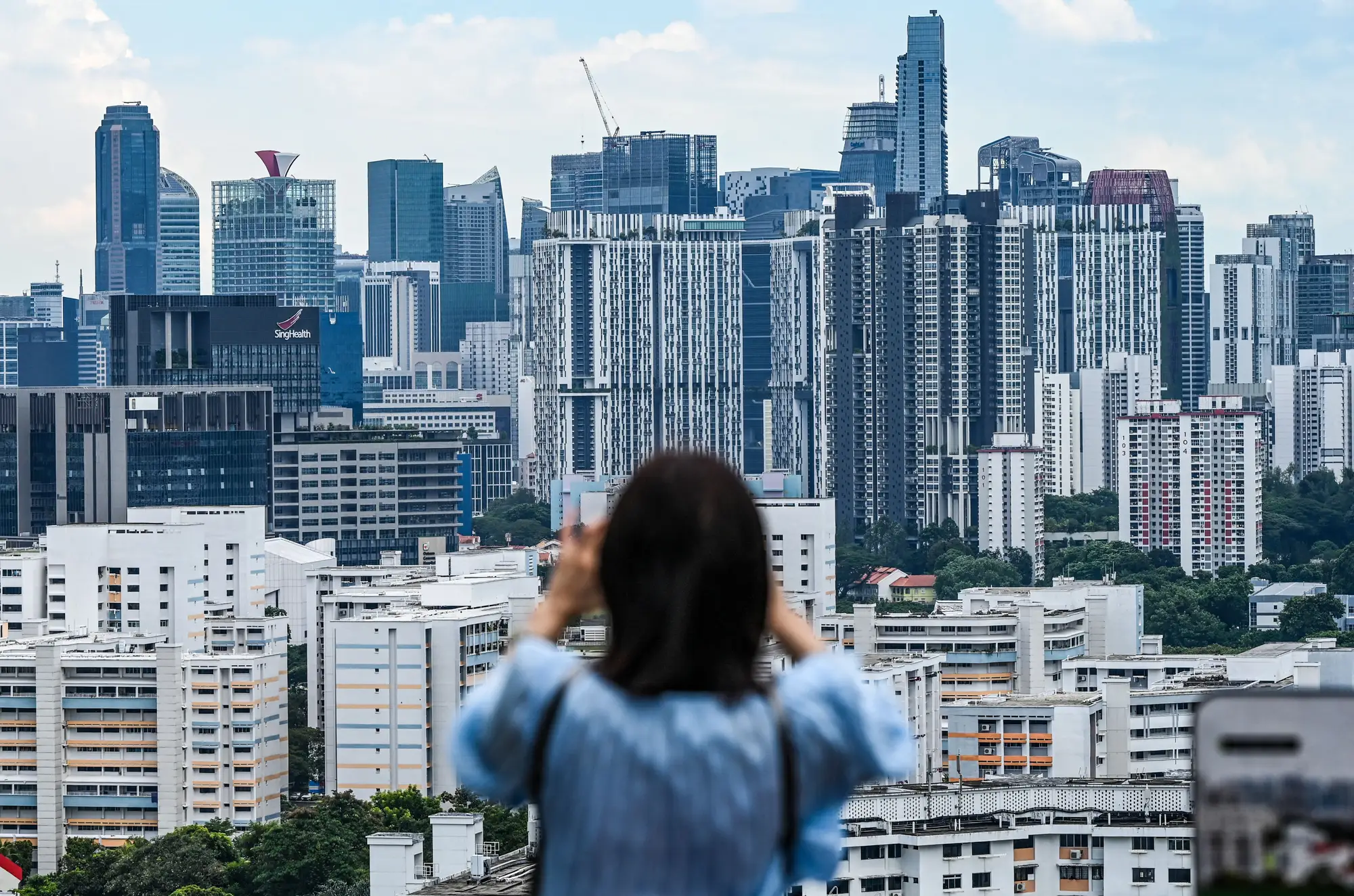A potential trade conflict between the United States and Colombia has been avoided after Colombia agreed to allow US military flights carrying deported migrants to land on its soil.
The Dispute Unfolds
Tensions arose on Sunday when Colombian President Gustavo Petro prohibited two US military planes carrying deported Colombians from landing in the country. In response, former President Donald Trump threatened to impose steep tariffs on Colombian exports to the US, sparking fears of economic repercussions.
Initially, President Petro vowed retaliation with tariffs on US goods, but later, the White House announced that Colombia had agreed to accept deportees, including those transported on US military aircraft, without restrictions or delays.
US Celebrates Agreement
The Trump administration hailed the resolution as a victory for its hardline immigration policies. White House Press Secretary Karoline Leavitt emphasized that the potential sanctions and tariffs against Colombia were now on hold but warned they would be reinstated if Colombia failed to honour its commitments. Leavitt also reiterated the expectation for all nations to cooperate in accepting their deported citizens.
A Clash of Words and Policies
The confrontation escalated rapidly on social media, with Petro declaring that Colombia would not permit its citizens to be treated as criminals. He criticized the use of military flights for deportations and the inhumane treatment of migrants during such operations, citing reports of deportees being handcuffed and restrained. Petro even offered to send Colombia’s presidential plane to retrieve the deportees.
Trump countered by accusing Petro of endangering US national security and public safety. He announced plans to impose a 25% tariff on all Colombian imports, with the possibility of increasing it to 50% within a week. Additionally, he enacted travel bans and revoked visas for Colombian officials and their allies, warning of further measures if the situation remained unresolved.
Behind-the-Scenes Negotiations
Amid the public back-and-forth, Colombian officials worked discreetly to resolve the dispute. Foreign Minister Luis Gilberto Murillo later announced that the two nations had reached an agreement and that Colombia would accept deported citizens. However, he did not directly address the White House’s statement about military flights, nor did he deny it.
Despite this resolution, the US stated that visa restrictions on Colombian officials would remain until the first flight of deportees landed in Colombia. Colombian travellers to the US would also face heightened scrutiny as part of the new measures.
Economic Implications
The trade relationship between the US and Colombia is significant, with bilateral trade amounting to $53.5 billion in 2022. Key Colombian exports to the US include oil, coffee, and flowers. The proposed tariffs threatened to disrupt this partnership, potentially harming both Colombian producers and US consumers.
Critics of Trump’s approach, including Congresswoman Alexandria Ocasio-Cortez, warned that such measures would ultimately burden American consumers with higher costs.
Diplomatic Fallout
The row has marked a low point in US-Colombia relations, which have historically been close allies in the fight against drug trafficking. Despite the resolution, lingering tensions and new restrictions underscore a strained partnership. Colombian officials are expected to hold high-level talks in Washington in the coming days to address ongoing concerns.
By resolving the dispute, both nations have avoided immediate economic fallout, but the episode highlights the complexities of balancing immigration policies with international diplomacy.




